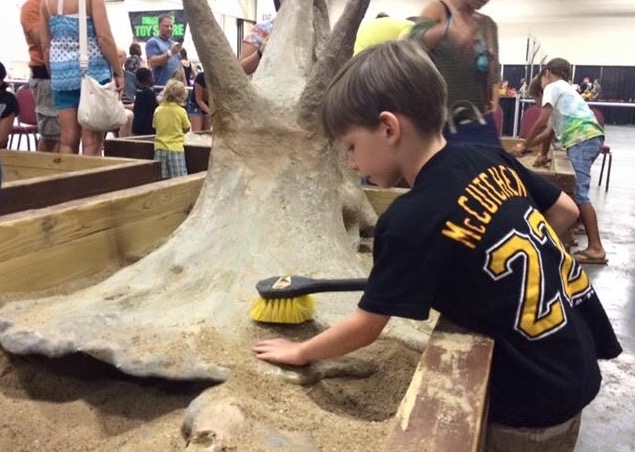Regulating student behavior through co-regulation is the key to calming students. With co-regulation, teachers and parents help children remain calm after misbehaving. This is a trend in today’s schools. It means there are no consequences
There are many students that experience anxiety, drama, and hardships. This results in emotional and mental demands. They carry these feelings into the classrooms. Thus, traditional methods of behavior controls do not work. Co-regulating gives teachers and parents the ability to regulate a student’s brain. The adult’s brain stays calm. Thus, is able to calm another brain.
Problem and What May Help
The adult must focus on the problem that drives the behavior and not the behavior itself. The out-of-control student needs a calm atmosphere instead of one that becomes angry with the behavior. The focus is to de-escalate. It is not to punish in order to stop future behavior. Because of the emotional state the child experiences, he/she is unable to rationalize the so-called punishment.
Validate the emotional outbreak. This is one way to calm an agitated student. It is helpful if another understands the problem. Thus, it initiates conversation and the discussion of choices. After a discussion of the problem, the adult and students are able to set an action plan for the next time.
Co-regulating needs a plan. Children must be taught ways to apply a sensible approach to control impulses.
Self-Regulating vs Co-Regulating Behavior
Adults must have self-regulating skills in order to co-regulate children that tend to let their emotions control their actions. As parents and teachers get caught up in their own emotions because of bad behavior, they model the standard for students. However, parents and teachers must recognize that students need time to feel their emotions. They must recognize and support the emotion. Then build strategies so they learn to self-regulate.




